Blog 1 - Welcome, Systems, and Automation
Hey there! My name is Tyler and I am a Chemical and Biological Engineering graduate student at Tufts University. I have nine (9) years of industry experience in the biotech industry where I have held roles in technology transfer, process engineering, consulting and most recently project management.
I spent the past two years living in Hanover, NH with my wife while she was completing her MBA at the Tuck School of Business at Dartmouth. During this time I was able to audit several courses, join clubs, take part in several events and travel.
In my free time I like to stay very active. I participate/compete in triathlons, indoor/outdoor rock climbing and I am an avid skier.
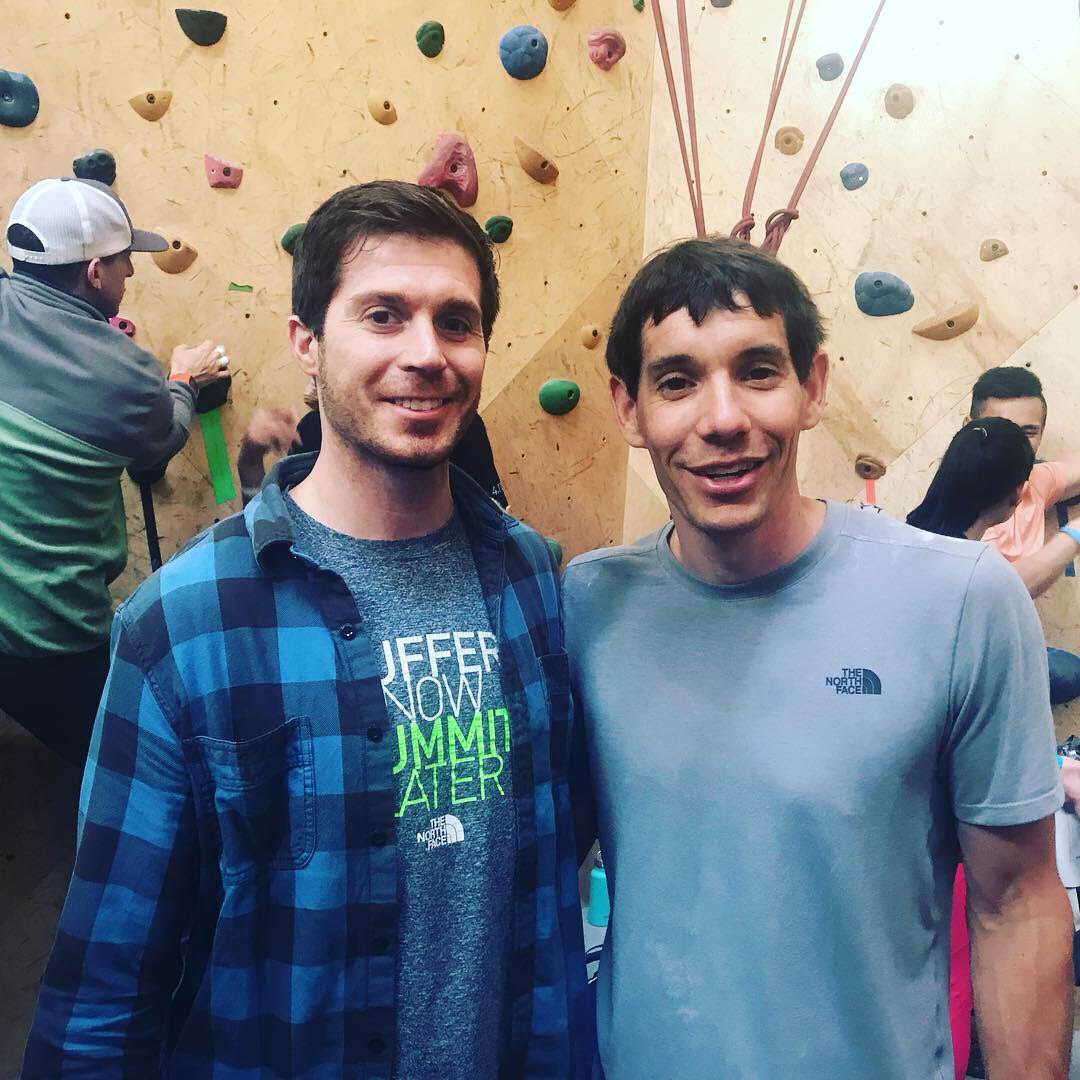
My wife and I love to travel and go on adventures. In the past few years, we have backpacked through Europe, hiked the Inca Trail to Machu Picchu in Peru, sailed the coast of Croatia and most recently drove across northern Thailand on motor-bikes. The last one may or may not have resulted with a trip to the ER in rural Thailand but that’s a story for another time.
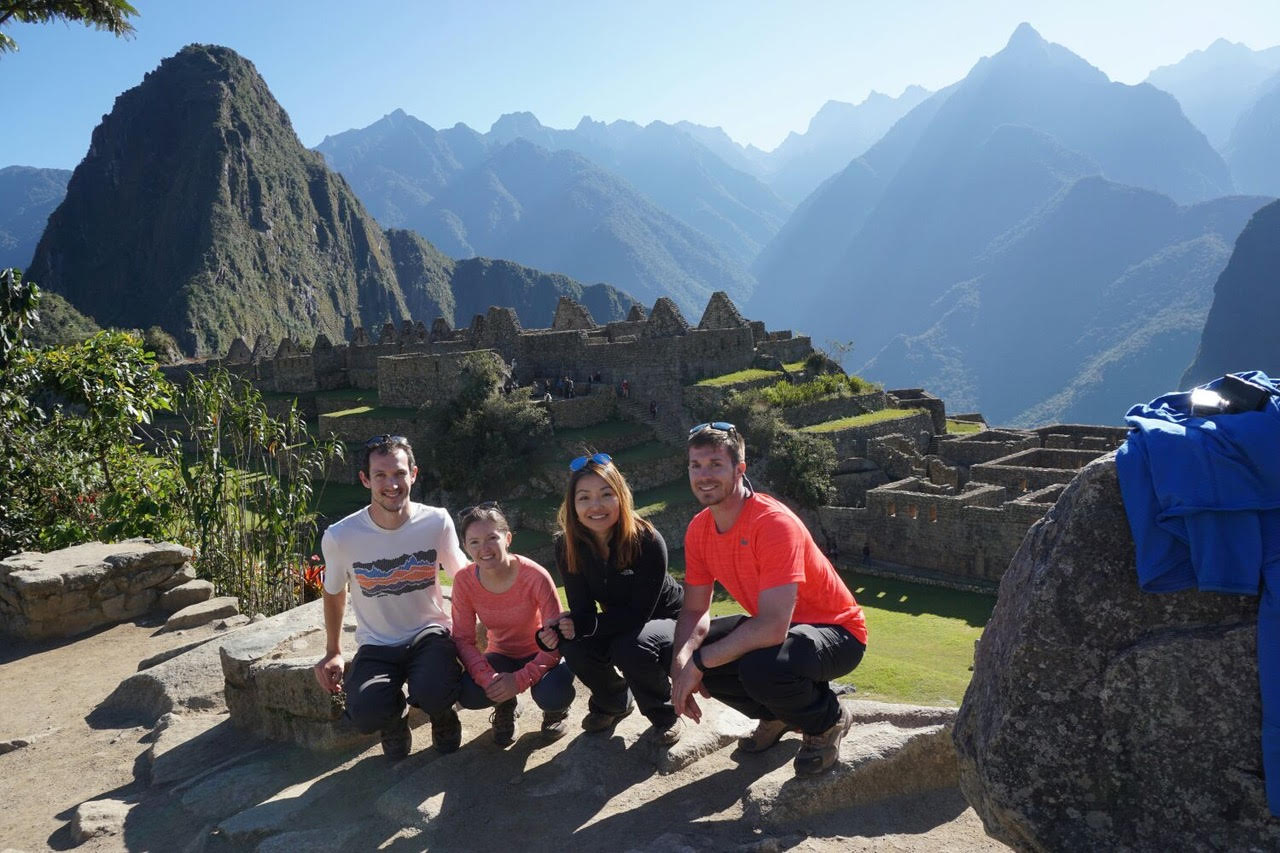
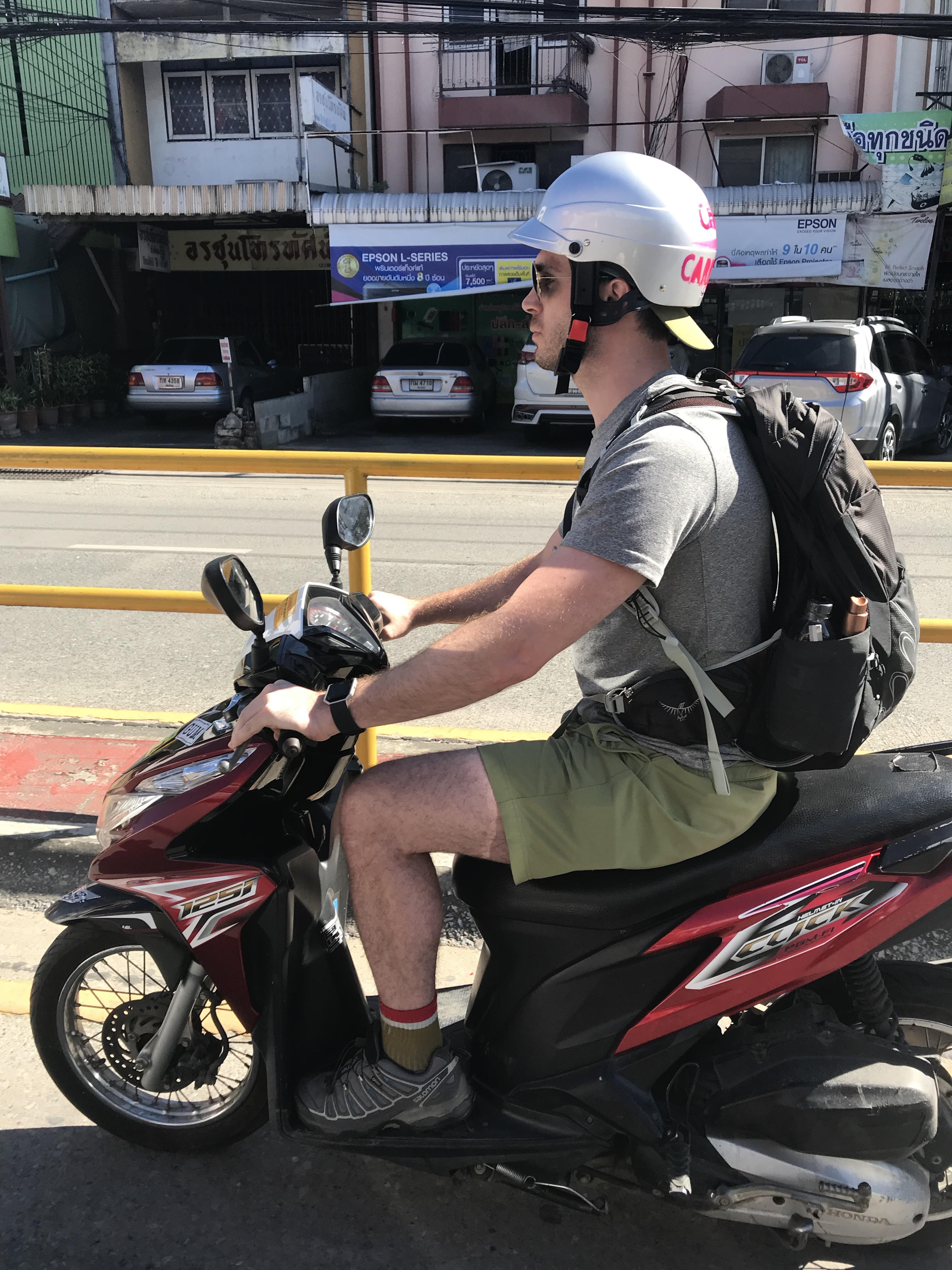
While working in the biotech industry, I had lots of exposure to Human Machine Systems and automation within the manufacturing process as well as facility design. Many of these machines, I used on a daily basis. Over time, my interests shifted from designing of the facilities/equipment and how they interfaced with the computer systems to how to design and build the computer systems. This interest in human machine systems spilled over into my personal life as well and I began spending a lot of time trying to understand many devices around my home especially smart devices. One of my personal favorites is my Google Nest home thermostat.
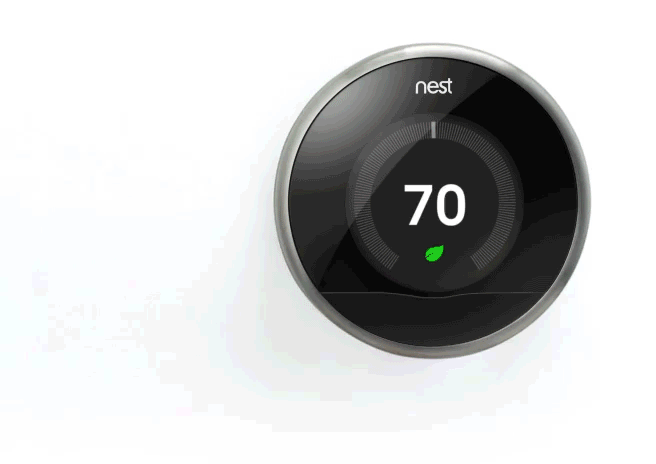
The user interface on the Nest thermostat is in bright, bold colors with bold text and settings that are easy to navigate. The set up instructions for this device were simple and the set-up went very quickly compared to other smart devices which I have in home. By using the Nest, I no longer need to worry about adjusting my thermostat throughout the day or night because it knows my schedule for when I am home and when I am away. For me, this is one of the more concerning parts with automation and smart devices. The amount of information that companies are able to collect on each of us throughout the day on Internet of Things (IoT) devices such as Amazon Alexa, Google Maps, Nest, etc. is terrifying. If this data get’s in to the wrong hands, it can be very detrimental to our every daily lives.
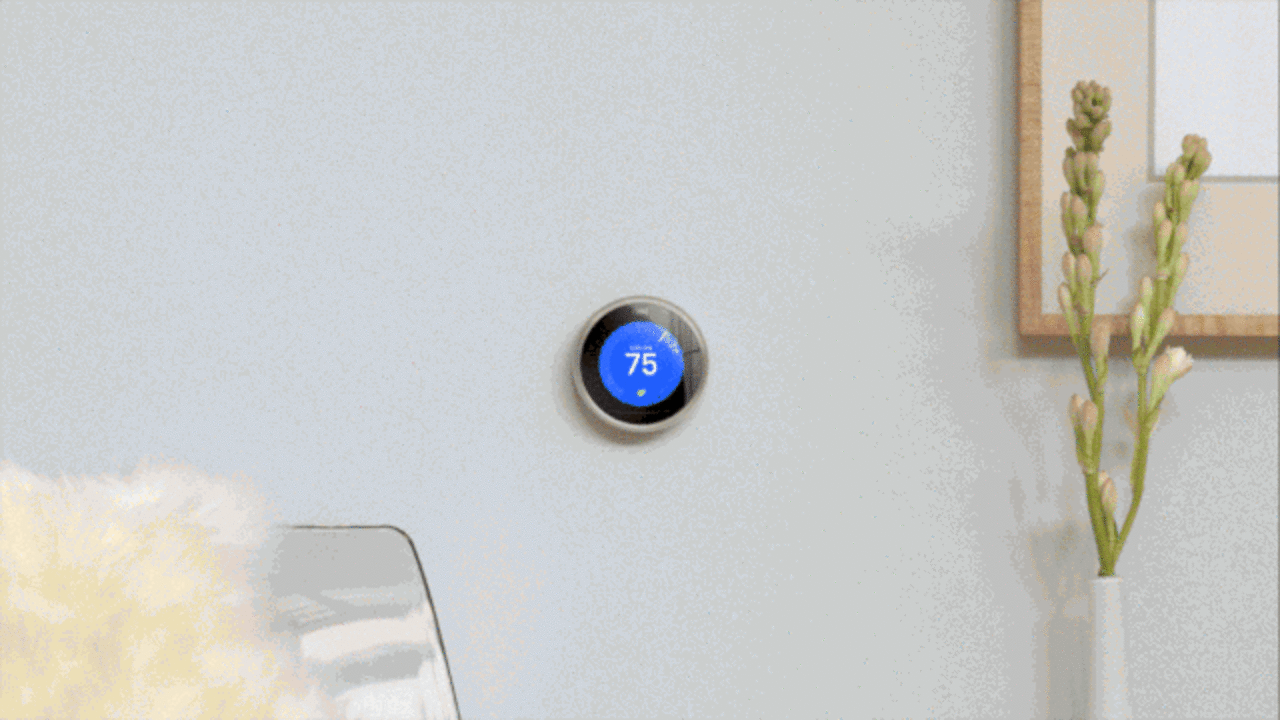
Similar to many other technology advancements, we must do our best to understand what consequences, both good and bad, the use of automation may have. The application of automation is some area’s of our life may have both positive and negative effects. For example, by creating software applications such as Google Maps of Waze, people no longer need to keep paper maps in their cars. People are now able to seamlessly navigate from place to place, avoid bad traffic and accurately predict how long it will take to get from point A to B. However, one downside to this type of automation is the people become so dependent on it that without it, they are unable to navigate a route they have driven several times.
So, should we automate everything? In short, no. The use of automation requires us to make assumptions and decisions without a full understanding of what effects it may have. There will be times where automation will save companies millions of dollars in production costs but there may also be times when one simple glitch in the automation could cost a company millions. Nothing in life is a certainty, especially automation.
Automation has already bettered the world in so many ways. In order to enjoy the positive impacts it could have, we must first consider the complexity and potential negative outcomes it presents. It’s like Uncle Ben said in Spider Man, “with great power comes great responsibility.”